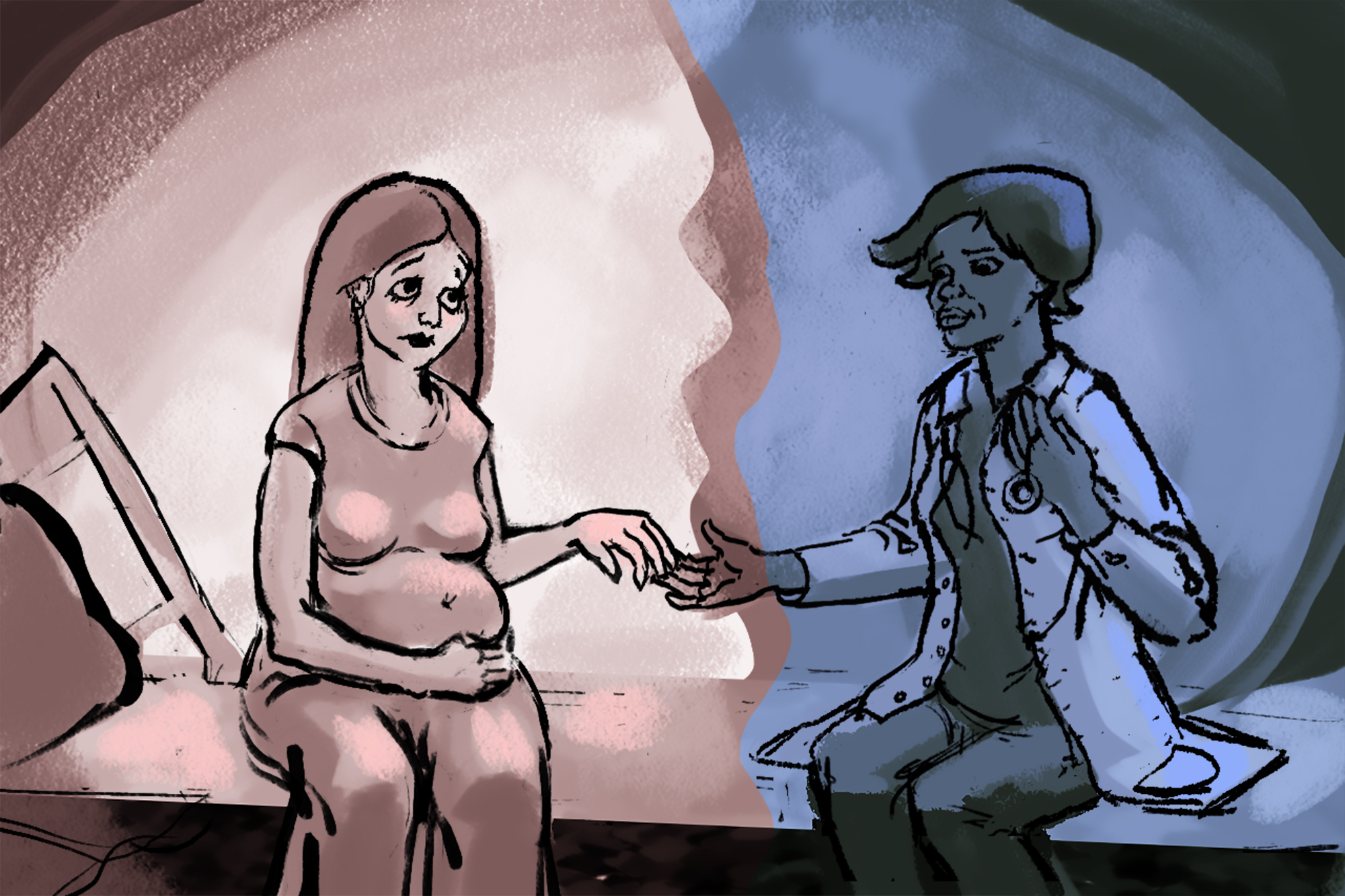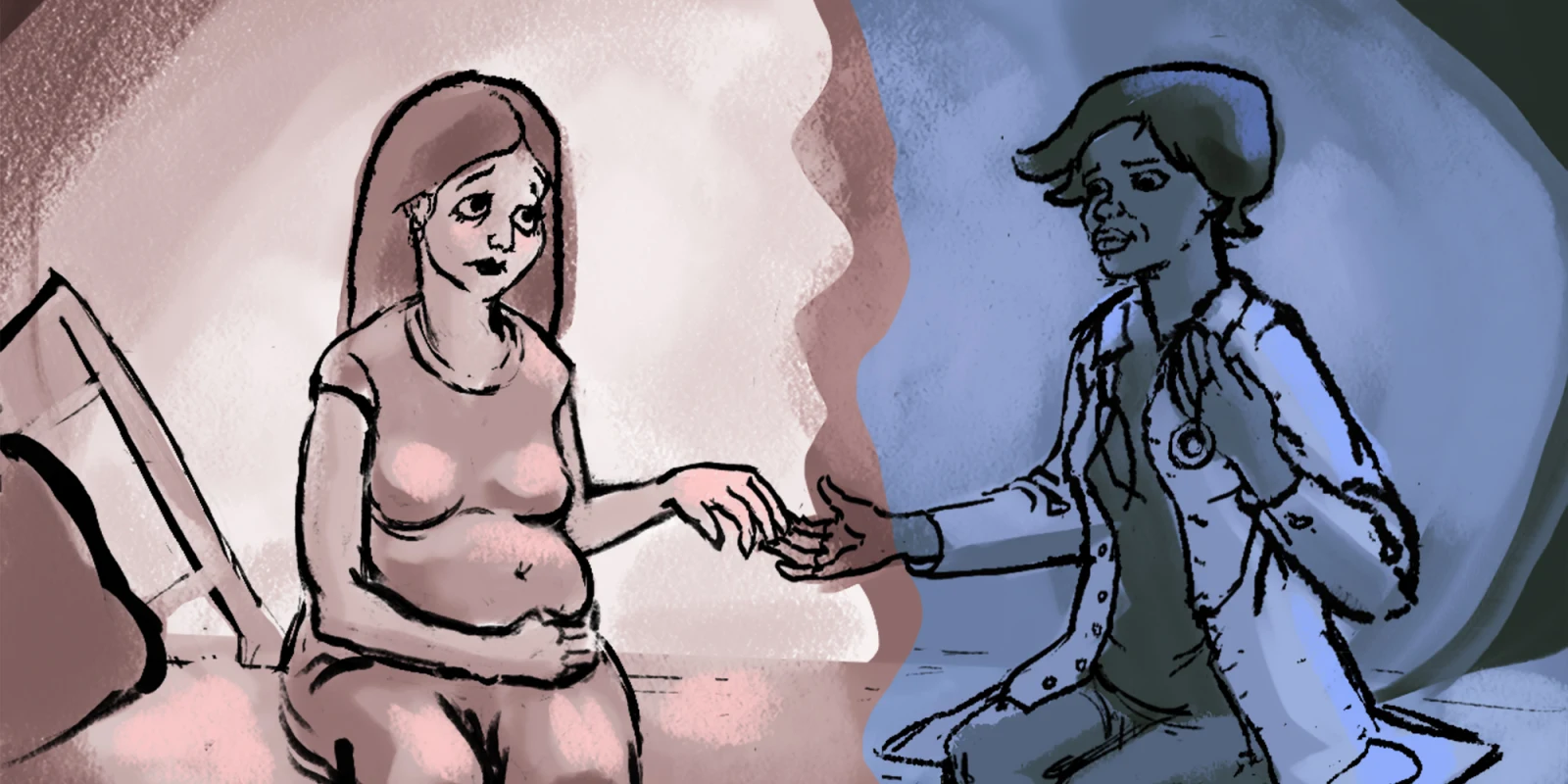
I have been hospitalized as a patient six times during my medical career: thrice when I delivered my children, twice for surgery, and once in the emergency room for a severe case of acute Lyme disease. Each time, I learned new lessons about how dependent patients are on the hospital personnel who care for them. The labor nurses who didn’t laugh when I was surprised at the intensity of contractions, despite having been at a patient’s bedside the night before encouraging her to breathe slowly through her own contractions. The anesthesiologist who recognized my anxiety before surgery and gave me a dose of midazolam as I was being wheeled to the operating room. The ER nurse and doctor who quickly recognized the probable cause of my severe dehydration and fatigue. The words of encouragement as I continued pushing through the second hour of labor, a nurse holding my hand as I moved onto the narrow operating room table, an aide covering me with warm blankets as I shivered from the cold IV fluids.
In the weeks and months after each of these experiences, I tried to treat my patients with more compassion, give them better explanations, touch them more frequently. It always worked for a time, but I would soon find myself resorting to the “old me” as the memory of my patient experience faded away.
The book “In Shock” by Dr. Rana Awdish explores this topic in much greater detail and provides guidance for a new paradigm in the doctor-patient relationship. It was recently recommended by a colleague and I have not stopped recommending it to other colleagues. Because it is written by a physician, who uses her experience to reflect back on some of the same physician behaviors and attitudes that she embodied only a few days before her acute and devastating illness, the message is more palatable for medical professionals. Using phrases that she had uttered only a few days prior as an attending critical care doctor, and then hearing those words repeated by to her as a critically ill patient, lends power to the argument that we need to change our relationships with our patients. For example, consider the phrase: “You almost died on us.” From the physician perspective, it is a statement that embodies the power of the contemporary medical system to provide heroic care and give our patients a new lease on life. That same statement from a patient perspective engenders feelings of responsibility and a sense of obligation for your own mortality.
The majority of us will not experience life as a critically ill patient. But we can provide better care by imagining ourselves as one — by listening rather than talking, giving empathy rather than building walls, squeezing a hand during an emotional moment. Once, I was frustrated by a patient’s insistence on delaying her hysterectomy thereby requiring a second blood transfusion. But then, I spent a few extra minutes with her and realized that she was delaying because she didn’t want to burden her college son, who would be caring for his younger siblings after the surgery, during his finals.
We can all strive to be more effective healers during our careers and improve old habits of practice. We read professional journals and attend conferences to continue our medical education; it is equally important to offer our patients more than just modern medicine. We need to allow time to listen to their stories and allow medical decision-making to be built on empathy. After reading “In Shock,” I am convinced that we can provide better care if we are able to understand the context of our patients’ concerns. It may take a few more minutes during a busy day but the rewards are valuable for physicians and patients. Providing empathetic care feeds the physician’s soul, strengthening it for that next difficult patient encounter.
Illustration by Jennifer Bogartz







